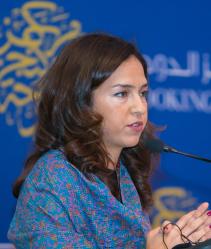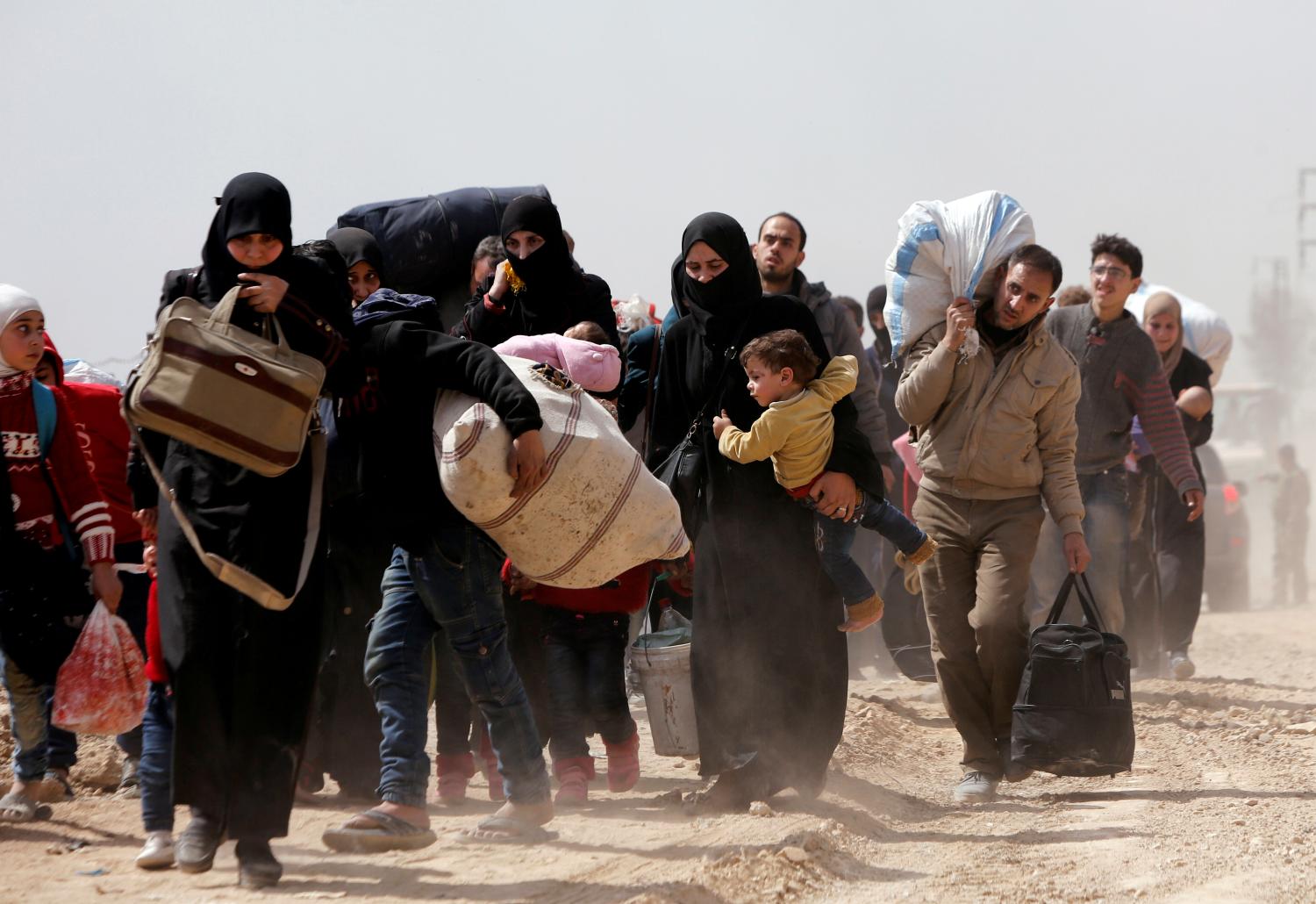Content from the Brookings Doha Center is now archived. In September 2021, after 14 years of impactful partnership, Brookings and the Brookings Doha Center announced that they were ending their affiliation. The Brookings Doha Center is now the Middle East Council on Global Affairs, a separate public policy institution based in Qatar.
Through documentation, Syrian civil society actors are transforming the role of transitional justice in ongoing conflict by reclaiming the centrality of victims in justice processes. In her new analysis paper, Noha Aboueldahab argues that in raging conflicts such as in Syria, the documentation of violations should be considered as a mechanism of transitional justice in its own right, rather than merely as a stepping stone toward the implementation of justice measures. This is for two principal reasons. First, documentation is a powerful form of non-violent resistance to ongoing, violent conflict. It constitutes a crucial pursuit of justice without having to wait for a political transition to take place or for conflict to subside. It resists the hijacking of narratives and the destruction of evidence, history, and memory. It maintains and protects a database containing material crucial for eventual prosecutions and truth commissions.
Writing atrocities: Syrian civil society and transitional justice
Secondly, writing atrocities is, in and of itself, a healing process, as it ensures that victimization is acknowledged, recorded, and remembered. Given the resource constraints that Syrian civil society continuously faces, donors should direct more funds toward documentation efforts, not least as they provide an effective means for victim-led transitional justice.
Concerns regarding international actors’ weak efforts to meaningfully involve Syrian civil society in shaping decisions regarding transitional justice must be taken seriously. By encouraging the contribution of Syrian civil society actors to policymaking, accountability initiatives in Syria will be more achievable and conducive to the justice desires of Syrian society. They must be engaged as leading partners and not mere recipients of transitional justice policies. International organizations should, therefore, make a meaningful effort to bring local activists to the table, not just to voice their concerns and exchange information, but to shape policy as well.
The Brookings Institution is committed to quality, independence, and impact.
We are supported by a diverse array of funders. In line with our values and policies, each Brookings publication represents the sole views of its author(s).




